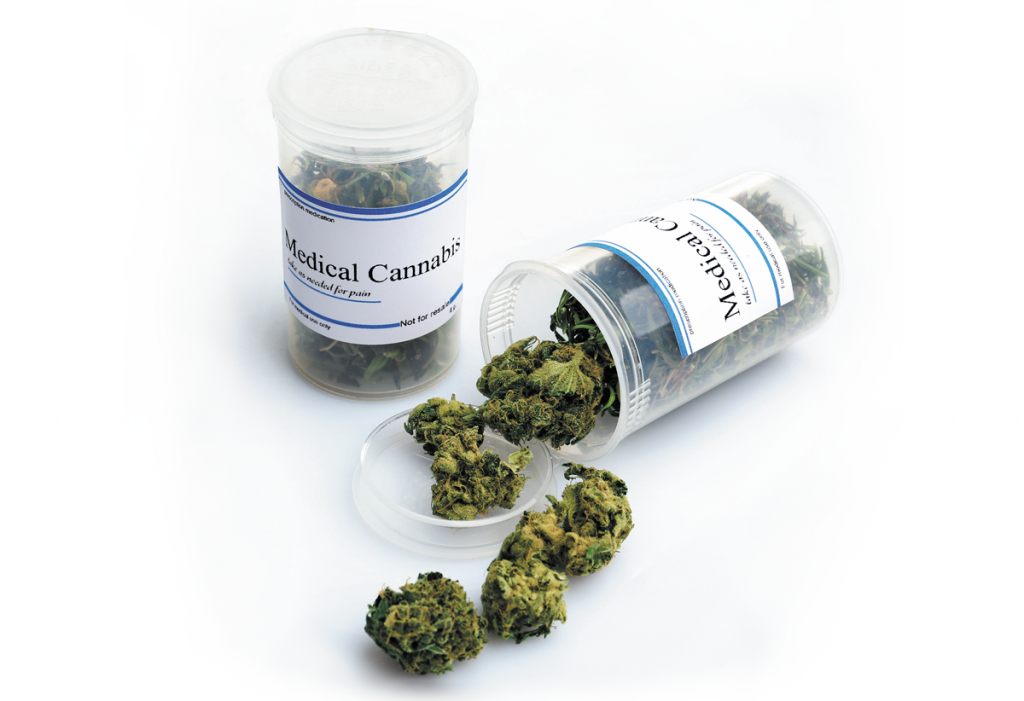Top 10 Medical Conditions Treated with Cannabis
Top 10 Medical Conditions Treated with Cannabis
Blog Article

As the landscape of medicine continues to evolve, the use of cannabis for therapeutic purposes is gaining significant traction. Medical marijuana, once a controversial subject, is now recognized by many healthcare professionals and patients alike for its potential to alleviate a variety of medical conditions. With ongoing research and changing legislation around the world, more people are turning to this natural option in search of relief from chronic pain, anxiety, and various other ailments.
Licensed Medical Marijuana Physicians WV
In this article, we will explore the top ten medical conditions that are commonly treated with cannabis. Each condition is unique, and the effects of medical marijuana can vary from person to person. However, scientific studies and anecdotal evidence suggest that cannabis can offer substantial benefits, making it a vital component in the discussion of holistic and modern treatment methods. Whether you are curious about its applications or seeking alternatives to traditional medications, understanding how medical marijuana can assist in managing specific health issues is essential.
Understanding Medical Marijuana
Medical marijuana refers to the use of cannabis plants or compounds derived from them to treat various medical conditions. It has gained significant attention over the years due to its potential therapeutic benefits. Unlike recreational use, medical marijuana is prescribed by healthcare professionals to manage symptoms of chronic illnesses, provide pain relief, and improve the quality of life for patients.
The active compounds in medical marijuana, known as cannabinoids, interact with the body's endocannabinoid system. This system plays a crucial role in regulating various physiological processes, including pain perception, mood, and immune response. The primary cannabinoids associated with medical marijuana are THC, which has psychoactive effects, and CBD, which is non-psychoactive and known for its anti-inflammatory and anxiolytic properties.
As research continues to unfold, the application of medical marijuana is expanding. Many patients report positive outcomes, particularly in managing conditions such as chronic pain, anxiety, and epilepsy. The growing acceptance of medical marijuana has led to a shift in legislation across several regions, enabling more individuals to explore this alternative form of treatment under professional guidance.
Top 10 Medical Conditions
Medical marijuana has gained significant attention for its potential benefits in treating a variety of health conditions. One of the most common conditions is chronic pain. Many patients suffering from pain due to arthritis, back injuries, or other chronic ailments have found relief through the use of medical cannabis. The cannabinoids in marijuana can help reduce inflammation and alleviate the pain, often providing a more effective alternative to traditional pain medications.
Another important condition is epilepsy, particularly treatment-resistant forms such as Dravet syndrome. Studies have shown that certain cannabis-derived products, especially those high in cannabidiol, can significantly reduce the frequency and severity of seizures. This has opened new avenues for patients who have not responded to conventional treatments, providing them with hope and improved quality of life.
Anxiety disorders, including PTSD and social anxiety, also represent a area where medical marijuana can be beneficial. Patients have reported that cannabis helps to decrease anxiety levels and improve mood. This natural alternative can be less intimidating than pharmaceutical options, offering a pathway for patients seeking relief from their mental health challenges without the side effects associated with traditional medications.
Benefits and Risks
One of the main benefits of medical marijuana is its ability to relieve pain. Many patients who suffer from chronic pain conditions, such as arthritis or fibromyalgia, have found significant relief through cannabis use. The cannabinoids in medical marijuana interact with the endocannabinoid system, helping to reduce inflammation and alleviate discomfort. This can improve patients' quality of life and allow them to engage in daily activities with less hindrance from their symptoms.
Another significant benefit is the potential of medical marijuana to help with anxiety and mood disorders. For individuals dealing with conditions like PTSD or generalized anxiety disorder, cannabis can provide a calming effect and help stabilize mood. This has made it a preferred alternative for some who wish to avoid conventional medications with harsh side effects. Additionally, medical marijuana may help improve sleep quality for those suffering from insomnia or related issues, making it a versatile treatment option.
However, there are risks associated with the use of medical marijuana that should not be overlooked. For some individuals, especially those with a history of addiction or severe mental health issues, cannabis use can exacerbate symptoms or lead to dependency. Furthermore, there can be side effects such as dizziness, fatigue, or impaired cognitive function. It is crucial for patients to consult healthcare professionals to weigh these risks against the potential benefits, creating a safe and personalized treatment plan.
Report this page